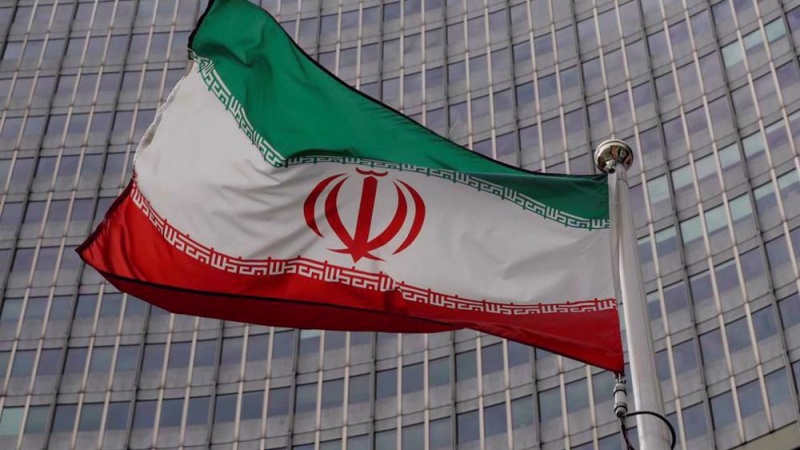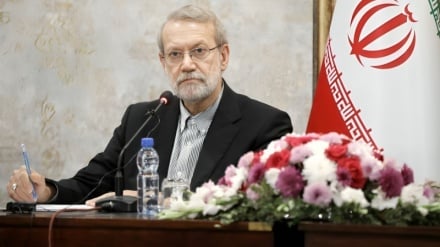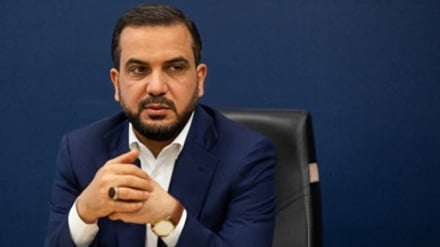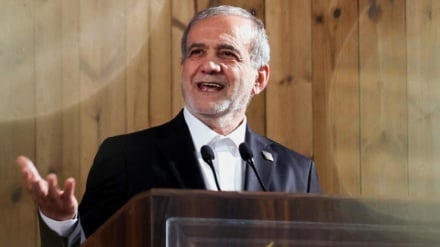IAEA should refrain from making Iran-related documents public: Russian diplomat
Russian Deputy Foreign Minister Sergei Ryabkov has urged the UN nuclear agency to refrain from disclosing any Iran-related documents not meant to be made public.
Ryabkov made the remarks while speaking to reporters on Monday in reaction to a move by the International Atomic Energy Agency (IAEA) to publish a confidential report on Iran’s Fordow nuclear facility, Russia's state-owned news agency TASS reported.
"We always express and point to concerns when information and documents, which contain restricted data and aren’t meant for public use, are leaked to the public and turn into a news topic," the diplomat said.
He added that the leakage of confidential information is in line with "the West’s politicization attempts" and emphasized that the IAEA cannot operate in this way.
"There is no reason to depart from the normal professional course on the issue," Ryabkov pointed out.
The Russian diplomat's remarks came after IAEA Director General Rafael Grossi, in a confidential report on Wednesday, accused Iran of making an undeclared change to the interconnection between the two clusters of advanced machines enriching uranium to up to 60% purity at its Fordow plant.
In an interview with Iran's state TV on Friday, Iran’s nuclear chief warned that the IAEA chief's "unprofessional and unacceptable" behavior would harm his reputation and that of the agency.
Mohammad Eslami, who heads the Atomic Energy Organization of Iran (AEOI), said Iran objects to the political issues dictated by Grossi and has written a "letter to the agency that an inspector... who has inspected our facilities, has made a mistake and given an incorrect report."
"But yet again the agency's director general released this issue to the media," the AEOI chief said.
The accusation came despite a letter sent by Iran to the IAEA back in November, informing the agency of a decision to start enriching uranium to the purity level of 60% at its Fordow nuclear facility.
MG



